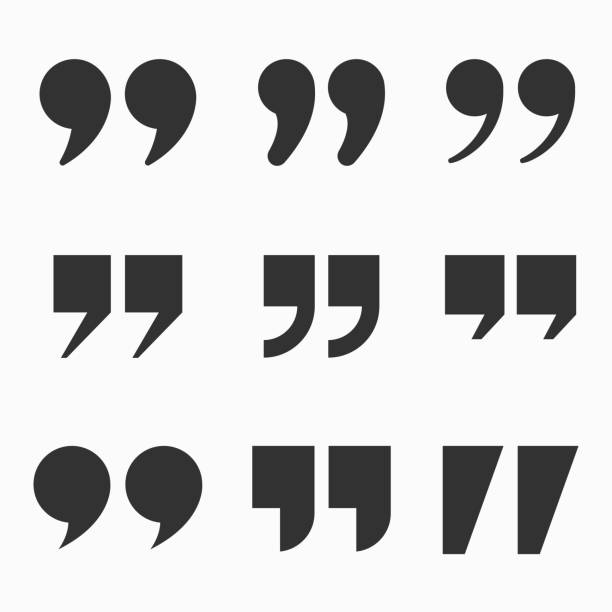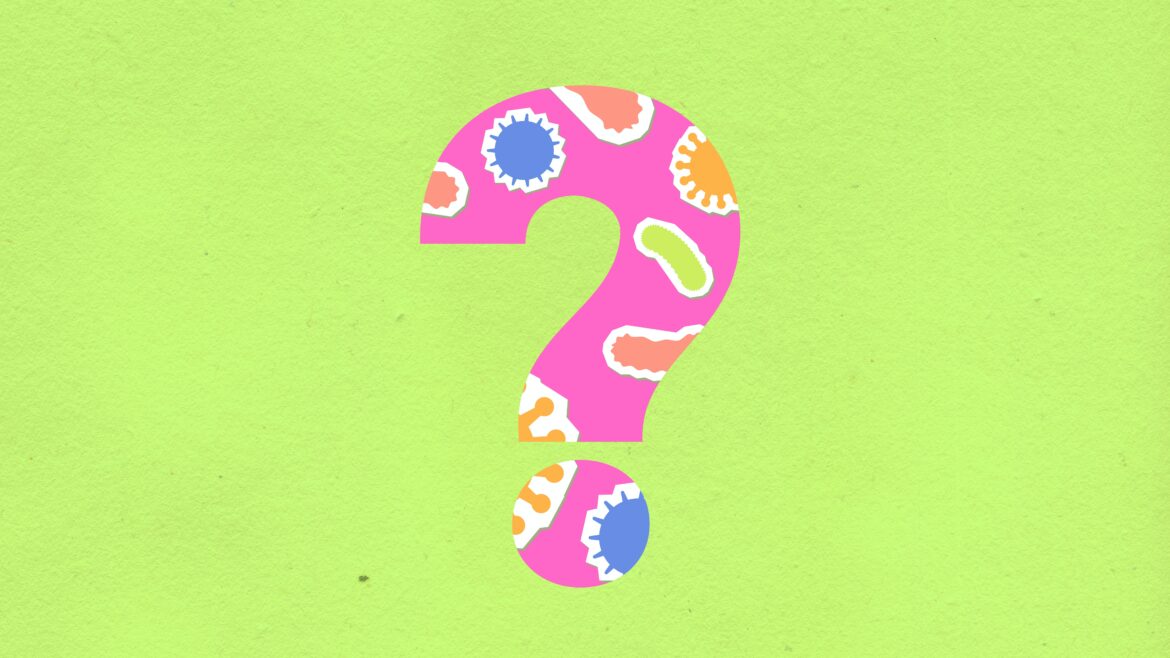A “disc” or “disk” is a circular or flat-shaped object that is used for storing information, such as data, music, or movies. However, there is a subtle difference between the two spellings that can be important depending on the context. What is a disc? The spelling “disc” is generally used …
Academic Writing Guides
Academic writing is an essential part of a researcher’s life; some common examples of academic writing are dissertations, grant proposals, abstracts, and research articles. However, many early career researchers and researchers with English as a second language find themselves struggling with academic writing. Even some native English speakers find it …
Researchers often struggle with deciding when to use single vs. double quotation marks. And we understand that this can be a confusing issue, as different style guides and language traditions offer different guidance on the subject. In this blog post, we will explore the differences in the usage of single …
When it comes to research, the terms example and sample are often used interchangeably. However, they have distinct meanings that are important to understand to ensure clear communication and accurate reporting of results. In this blog post, we will explore the differences between example and sample, and provide guidelines for …
“Few” vs. “a few” are both quantifiers that are used to describe a small number of items or people. However, there is a subtle difference between the two, which can be important depending on the context. Difference between ‘few’ and ‘a few’ When we use “few,” we are referring to …
You’re done with writing your research paper, and now have to start the mammoth task of editing it. How do you do it? Let’s look at some tips. 1. Understand the purpose of editing Make sure you know the WHY behind your editing process. Why in the first place …
Quoting is an essential aspect of academic writing, as it allows writers to incorporate the ideas and perspectives of others into their work. However, it’s important to know when to use quotes correctly to avoid misrepresenting the views of others or committing plagiarism. In this blog post, we will explore …
Incident vs. incidence are confused with each other frequently due to their similar spellings and pronunciation. However, they have different meanings and usage, especially in the scientific and research domains. In this blog, we will explore the difference between incident vs. incidence and provide examples to explain the right usage. …
Adsorption vs. absorption are two concepts that are often a subject of confusion for researchers. While both of them involve the attachment of molecules to a surface, there are fundamental differences between them. In this blog, we will explore the difference between adsorption and absorption, and provide examples to help …
Common writing mistakes can negatively impact your manuscript’s chance of acceptance. With rejection rates in some top international publications as high as 97%,1 this is something that researchers should worry about. Unlike general day-to-day writing, academic writing requires a special skill set that needs to be nurtured and developed. This …












